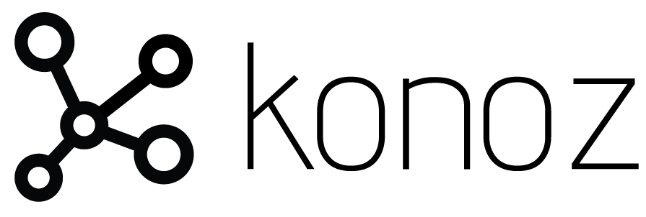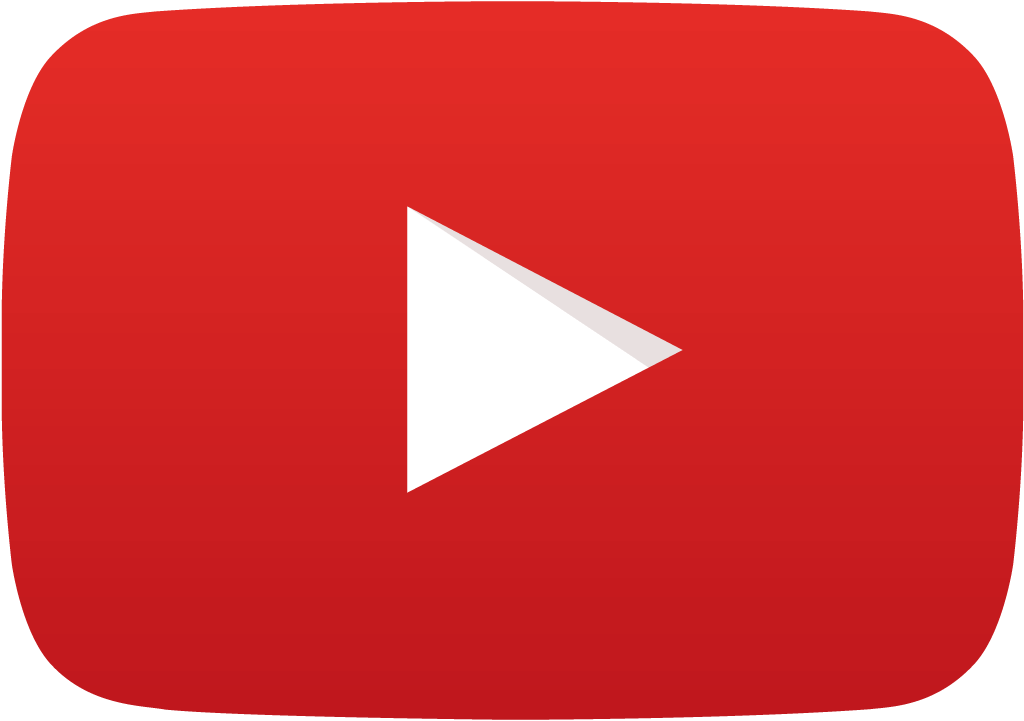Three Ways to Make a Living In-Between Music Releases
Much has been written about direct-to-fan (DTF) funding platforms as an alternative to traditional financing for albums, tours, or videos. The most notable players in DTF are Kickstarter, Indiegogo, and PledgeMusic
The concept is simple, an artist sets up a campaign and a budget goal for a project (let’s say an album), then they choose special goodies and incentives to persuade their fanbase to pledge a certain dollar amount, and when the campaign goal is met, the project is fully funded, and the artists goes about fulfilling the campaign by finishing the project and then mailing out the incentive items.
This has worked very well for one-off projects like an album or tour. But what happens after the album and goodies are shipped, and the tour is done?
Increasingly, musicians are looking for ways to sustain their music career in-between album releases and tours by moonlighting using their other skills. After all, it’s rare that someone who can write songs and play instruments doesn’t have other valuable skills to share.
I know musicians who are fantastic animators, guitar teachers, graphic artists, social media gurus, and so on. It’s not always music-related, and it doesn’t have to be. They have skills to teach and share, but that takes time, and that means money, and the leading DTF platforms are not built for ongoing monthly support. So, let’s take a look at a few options musicians can take advantage of to supplement their music career, and get to that next album or tour.
1. Patreon (https://www.patreon.com)

After acquiring Subbable, Patreon became the undisputed champion of ongoing direct funding. Fans pledge an amount ($2, $5, $10,) for each creation. Sometimes it’s a sketch or a written piece, but the majority are videos. For instance, a ton of fans are supporting their favorite artists doing quirky cover songs. “Patrons” give support per video or piece of content released, set a maximum monthly “tip” amount, and are charged at the beginning of the month after the creator releases content. Patrons can pay using their credit/debit card or PayPal. Patreon keeps 5% of PayPal transactions, plus 2-4% additional fees for credit card transactions.
2. konoz (https://konoz.io)

This is a new entry into the direct-to-fan space that is based around YouTube EDU channels. It’s being built as an online learning platform for everything from physics and math to guitar lessons and makeup tips. But, the idea is the same; fans support creators by pledging a dollar amount monthly. Supporters can either directly pledge money to the teacher for all of their videos, or support “courses” of certain videos. Much like Patreon, there are reward incentives like Hangout chats, private tutoring, or producer credits on the videos. The great thing about konoz is that it takes almost no extra work for someone already creating YouTube videos. Creators simply make a playlist of videos that would fit in a course, (Beginner Slide Guitar, Advanced Social Media for Musicians), and konoz creates a course out of that. Fans can currently only pay using PayPal, and konoz keeps 10% of transactions as an administration fee.
3. YouTube (https://youtube.com)

If you have ever supported a creator, you know that the majority of them do videos, and almost all of those videos are originally loaded on YouTube. So, YouTube added a Fan Support option right on the channel. Creators can enable this in their profile (you must have an AdSense account linked and have a channel in good standing). Unlike the platforms mentioned above, supporters are not subscribing to pay monthly, or for specific released content, but rather, tipping the creator for all that they do, with a one-time payment. Fans can now simply use a credit/debit card to send $2 or $10, or whatever amount they choose, and YouTube keeps 5%, plus $0.21.
Each one of these options has some risk. Creators must keep putting the time and money into crafting quality content while they build a base of financial supporters, and that can be difficult at first. The key to making this all work for you is to widen the offering from just cover songs or new originals. After all, your fans don’t just listen to music; they have a lot of interests. What else could you teach that is valuable? Are you a killer developer? Do you write erotica? Are you an expert mixer? Do videos around all of these. By offering your expertise in various fields, you will gain new fans of your music. You’ll find new supporters of you as a person. And then, when you’re ready for that next album, video, or tour, you will have built a larger support network to ensure your success.
I can’t wait to see (and support) what you create.
ABOUT THE AUTHOR
-Michael St. James is the founder and creative director of St. James Media, specializing in music licensing, publishing, production and artist development.
